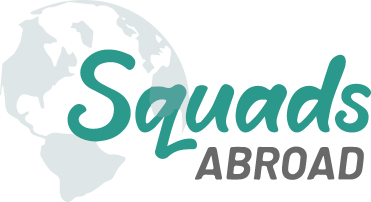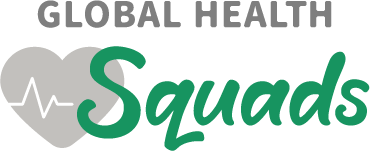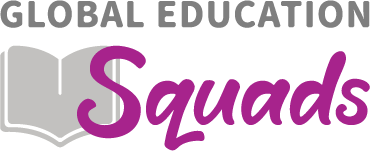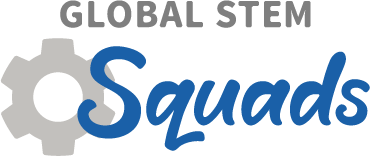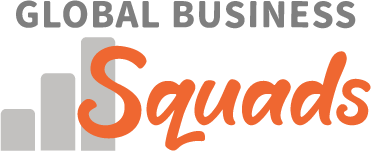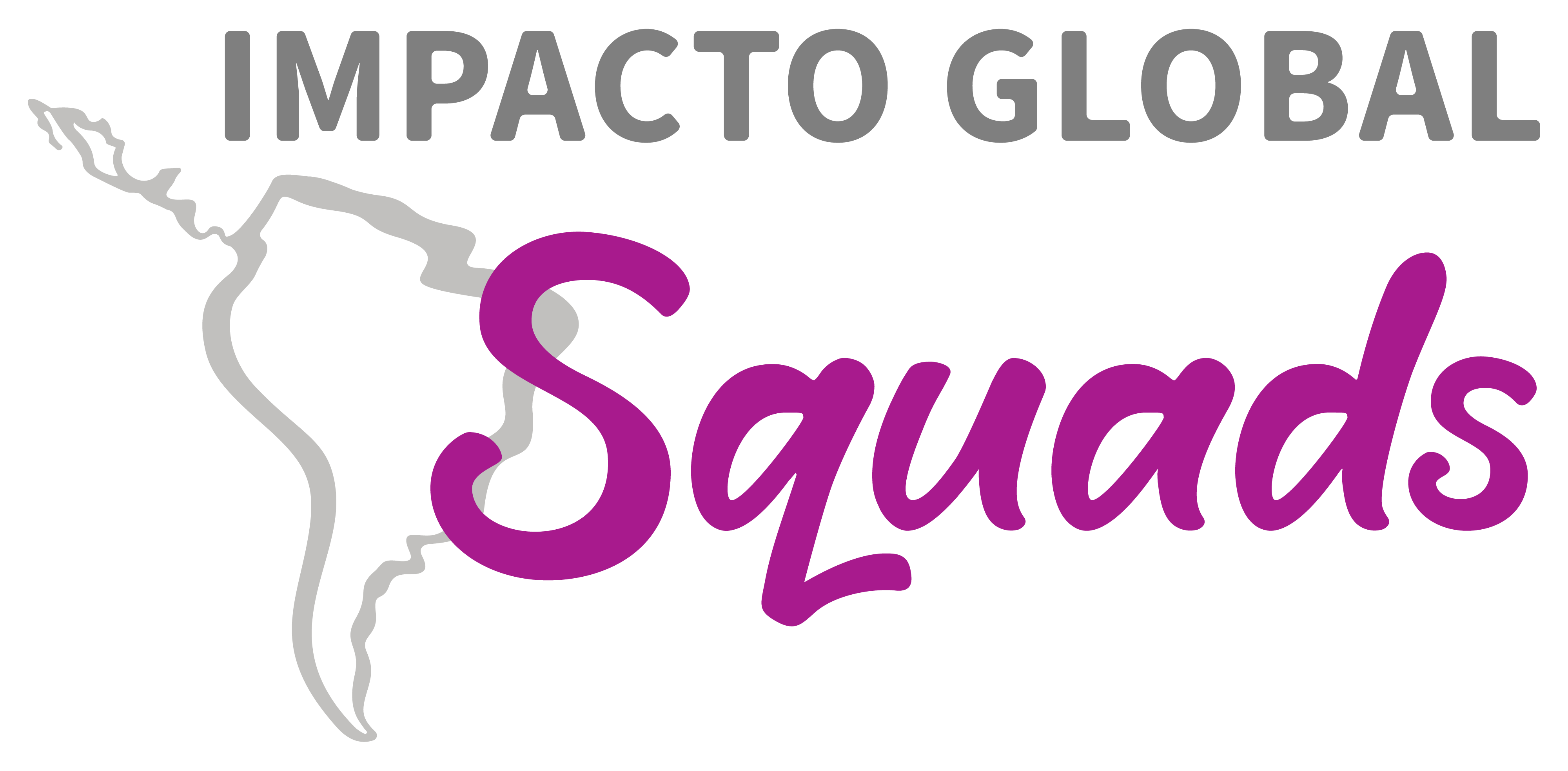Students engage virtually in a sequence of clinical experiences that deliver health services to resource-limited communities in urban and rural settings in Honduras, Ghana and Greece. Students will:
- engage in real-time with doctors, pharmacists, and patients supported by advanced telemedical equipment,
- explore details of region-specific diseases and health issues impacting individual and community health,
- understand pharmacological practices and the application of traditional medicines,
- learn how to conduct monitoring and evaluations in the context of a rural clinic,
- develop and deliver educational services to patients, and
- work to develop intercultural competencies throughout the course.
Medical Program Learning Objectives
Students that successfully complete the program will be able to:
- Explain how the social determinants of health impact the lives of people in rural and urban communities in a developing country.
- Understand the assessment, diagnosis, and treatment of common diseases identified in urban and rural clinics that utilize telemedical equipment.
- Explain to the patient the proper use of medications, adverse drug reactions, and drug interactions of medications prescribed.
- Educate patients and families on prevention of infectious and chronic diseases.
- Analyze data to monitor health trends and identify health risk factors unique to a single rural community in a developing country.
Resources provided in support of the virtual sessions and Modules
- A bilingual, on-the-ground session facilitator will coordinate each virtual session with students.
- A translator is provided in each virtual session in which students engage with patients and community healthcare workers. Doctors and medical staff are also bilingual.
- Program materials are provided to all students.
- Session scheduling that coordinates your course and our online sessions and clinics.
PROGRAM OVERVIEW
Customize your Health TeleSquad by selecting a set of modules. Explore available modules below:
MODULE 1: Introductions and Organization Overview
Coordinator and students introductions along with a discussion on our parent organization Global Brigades (GB) and our Holistic Model Approach of international development work. Self-paced activity: Reflect on Global Brigades holistic model and the advantages of an integrated community development approach.
MODULE 2: Welcome to Honduras- Honduran Healtcare System
Discussion regarding the healthcare system in Honduras. Self-paced activity: Reflect on Honduran medical system and draw parallels to your local one.
Module 3: Community Selection & Social Determinants of Health
Discussion how the social determinants impact our health and learn how a rural community is evaluated. Self-paced activity: Reflect on Honduran medical system and draw parallels to your local one. Research about the International Health Care Systems (BEVERIDGE, BISMARCK, OUT OF POCKET and NHIS)
MODULE 4: Community Interventions: CHW program & HCPA program
Discussion about Global Brigade’s CHW program in Honduras and how they are a resource to support primary care in remote communities around the world. Self-paced activity: Use worksheet to research and compare other CHW interventions around the world.
MODULE 5: Health Education Workshop Preparation
A working session for the class to prepare the health workshop that will be presented in the Urban Clinic. Self-paced activity: Split into smaller groups and begin drafting workshop using templates provided.
MODULE 6: Clinic Preparation I – Analyzing Medical Records
Class reviews past patient data (scrubbed to be anonymous) from past Rural Clinics and common illnesses. Self-paced activity: Split into smaller groups and continue working on workshop using templates provided.
MODULE 7: Clinic Preparation II – Pharmacology
Class learns more about common illnesses and medications in Honduras, including information about traditional healthcare practices. Self-paced activity: Continue working on workshop and Spanish vocabulary using worksheets provided.
MODULE 8: Clinic Preparation III – Mock Patient Consultations
Local doctor and coordinator conduct mock patient consultation to practice medical Spanish. Self-paced activity: Continue working on workshop and Spanish vocabulary using worksheets provided.
MODULE 9: Honduras Urban Clinic Day
Shadowing our Honduran doctors utilizing telemedical devices at our Urban Clinic in Tegucigalpa. Self-paced activity: Reflections and observations from urban clinic days
MODULE 10: Welcome to Greece- Refugee Crisis and Healthcare System
In-country health specialist introduce students to the local health system and challenges in the country, including an overview of the migrant and refugee crisis in the EU and in Greece. Self-paced activity: Continue researching the healthcare system in Greece and write down how the common illnesses compare to your country.
MODULE 11: Greece Urban Clinic Day*
Live streamed clinic with telemedical devices for students to shadow patient consults from our physical clinic in Athens. Self-paced activity: Reflect on the social determinants of health based on your understanding of migrant and refugee populations and access to healthcare in Greece.
MODULE 12: Welcome to Ghana – Ghana Healthcare System
You will explore the differences between the traditional medicine, its historic and cultural importance and learn about the healthcare system in Ghana. Self-paced activity: Research about traditional medicine in your country and how it compares to Ghana. What similarities are found in the Ghana NHIS and your country.
MODULE 13: Ghana Rural Clinic Day**
Live streamed clinic for students to shadow patient consults in the Ekumpoano CHPS facility and healthcare practices in rural Ghana. Self-paced activity: Reflect on the social determinants of health based on your understanding on rural communities in Ghana.
MODULE 14: Around the World-Final Reflection & Call to action
Review everything that you have learned and the impact that you have made. Each case will be reflected upon, and any final questions will be answered. Self-paced activity: Students reflect on their new role as a Global Citizen and their initial TeleSquad intention setting. Fill out the end of the squad survey.
*Greece Clinic Day must take place from Tuesday – Thursday from 02:00 p.m. – 07:00 p.m. EET
**Ghana Clinic Day must take place between Monday – Sunday from 12:00 p.m. – 04:00 p.m. GMT
GET IN TOUCH
Click to schedule a call with our Program Director to learn more about our programs and how we can support your group in making an impact abroad!
